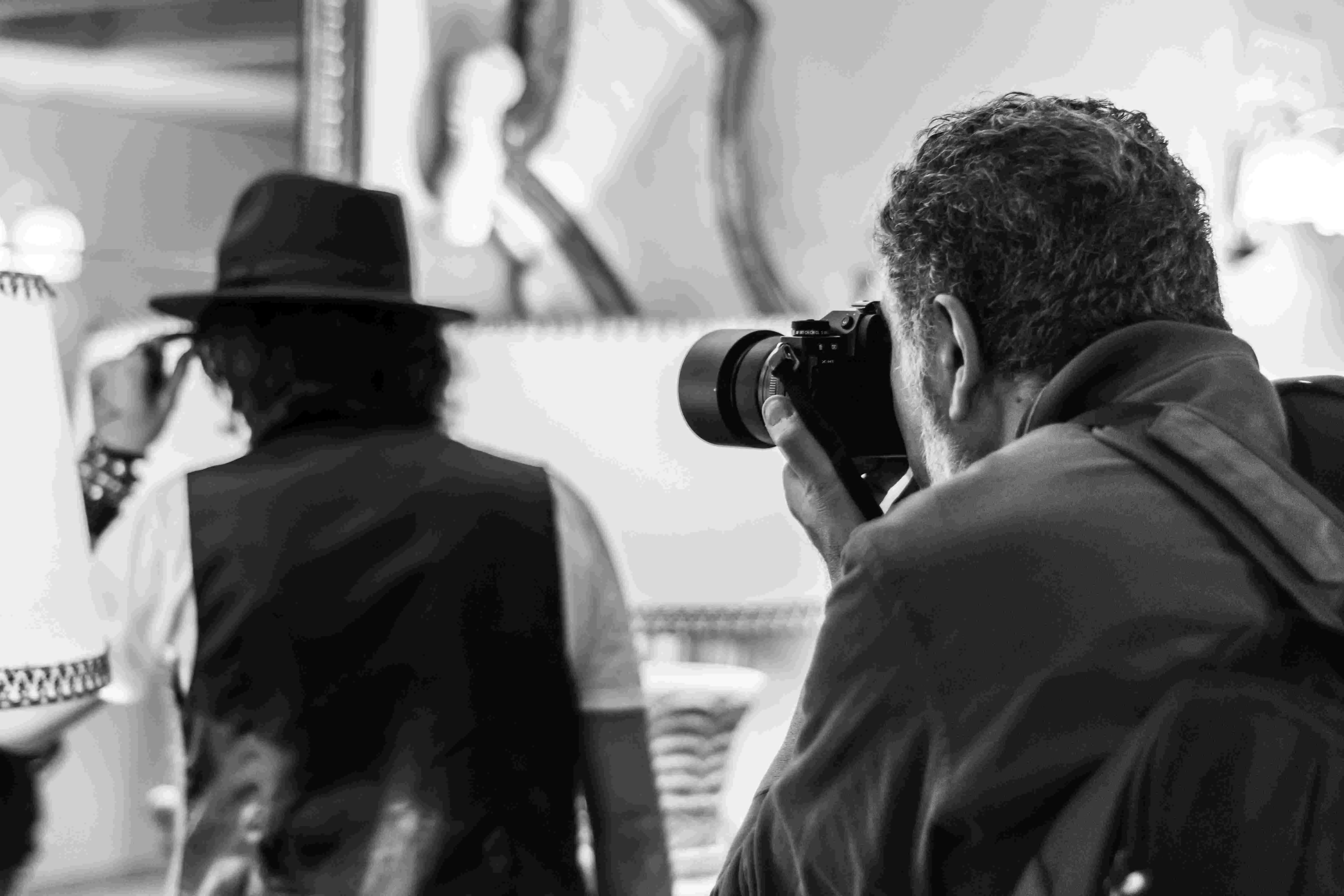Shadows of stardom
Instead of making individuals immune to mental health problems, fame, by subduing their authentic inner self under glittering external illusions, serves more often as a catalyst for chaos

Hello, doctor
Since I am well-known, I am unable to give my name. I frequently appear on page 3 and have a sizable social media fan base. People think of me as a cheerful person with no troubles in life since I have a fan club page. But the reality is that I’m suffocating and feeling alone. There are moments when I believe there are no true friends. Even though I have everything, including money and fame, why do I feel so sad? It is a daily struggle for me. Am I the only one feeling this way?
Ans: Fame, with its dazzling allure of glitz, glamour, and immense power, has long captivated our imagination. Yet, beneath the sparkling surface, a profound and often concealed reality unfolds, one laden with profound psychological implications.
As humans, we innately judge and discriminate. Sadly, we discriminate a bit too strongly towards people we believe have “privilege”. Whether that is the privilege of their fame or money, we tend to believe that just because they seem happy on the outside, they must be happy within as well. This cognitive distortion called “assumptions” or “mind reading” involves making assumptions about what other people are thinking or feeling, without concrete evidence.
Mental health disorders do not discriminate based on age, sex, caste, creed, religion, socioeconomic status, fame, or the number of social media followers that someone has. If only we stopped the discrimination, perhaps the world would be a better place.
Is fame a direct measure of success and happiness?
Success is a multifaceted concept that can encompass various aspects of life, including personal achievements, professional accomplishments, happiness, fulfilment, and contribution to society. While fame can be one aspect of success for some individuals, it does not define happiness universally.
With the advent of social media platforms, more people are becoming micro-influencers and influencers than
ever before. Going viral has become a sought-after phenomenon, especially among those who are young. Many young people insist that they want to be famous without knowing what they are truly signing up for.
Fame has a price. There’s a dark side that’s rarely discussed:
* Isolation: Being in the public eye can lead to feelings of isolation because celebrities often have fewer opportunities for authentic, genuine, unguarded social interactions;
* Sense of mistrust and fear of exploitation: At times, some mishaps and events can trigger celebrities to innately not trust people. A lurking feeling that someone may take advantage of their fame and position can cause issues with knowing who is genuinely interested in them as individuals and who wants something from them;
* Image and invasion of privacy: Fame requires celebrities to maintain a certain public image or persona, which can be emotionally taxing. The paparazzi, media, and public can be ruthless at times. The “paparazzi effect,” where celebrities experience intrusive and often aggressive behaviour from photographers or reporters seeking to capture candid or sensational images and stories, can be bothersome. There is constant scrutiny of their professional and personal lives, and sometimes it can feel like there is nowhere to escape or nowhere to truly be themselves;
* Mental health struggles: The stress and pressure of fame can take a toll on mental health. Mental health issues, such as anxiety and depression, can contribute to feelings of loneliness and isolation. Unfortunately, owing to the fame factor, many people don’t seek timely help due to the already existing social stigma against mental health;
* High expectations and pressure to perform: It is an innate human desire to be better and be good at what you do. A celebrity may feel they have to constantly perform, achieve, and meet the expectations of others. This can lead to a tug of war between external and internal validation. Frequent travel, long working hours, and the demands of the job can disrupt personal connections;
* Loss of anonymity: The loss of anonymity can make it difficult for famous individuals to engage in everyday activities without being recognised and approached by fans.
Famous people lost to suicide:
Sir Anthony Bourdain, Sir Robin Williams, Silk Smitha, Sushant Singh Rajput, Heath Ledger, and Marilyn Monroe
What to do to find a balance?
* Do the inner work: Work on yourself. Be in the now;
* Internal validation: Keep working to balance this over the constant external validation that is in surplus but can be taken away anytime;
* Inner circle: Prepare a list of close-knit folks who support and understand you;
* Similar woes: Bond with others in the same boat from similar industry with similar issues;
* MHP: Seek professional help if needed;
* Unwind: Every now and then, disconnect entirely from the work persona.
Send your questions to [email protected]



